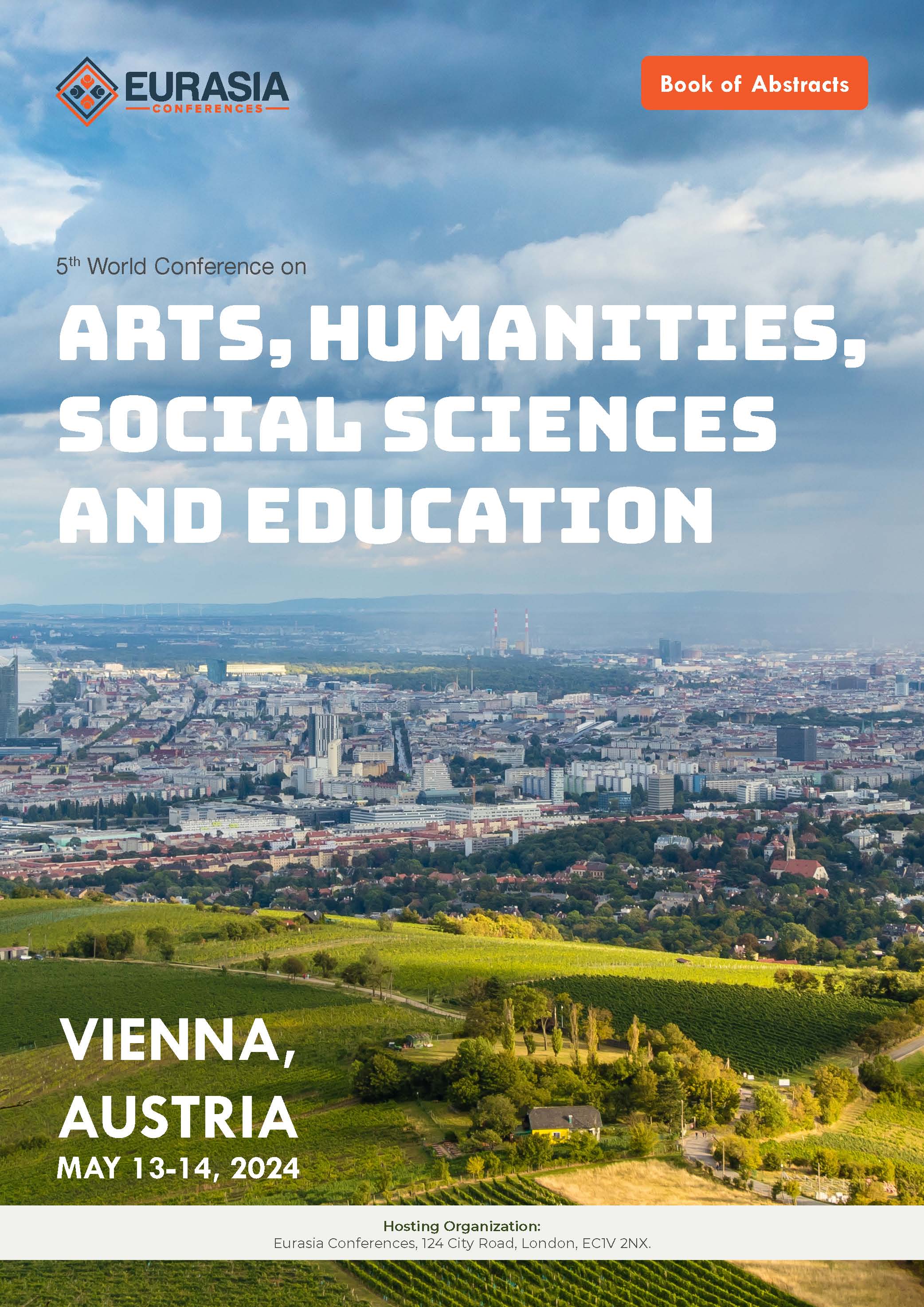
Sanchar Sarkar
This presentation will focus on the conceptualization of an experimental approach that analyses how high school students from urban metropolises in India immerse in, interact with and experience complex issues of climate change in threshold environments. Threshold environments are specific geographical locations that undergo the immediate effects of natural disasters and are rendered vulnerable to continual disintegrations by the forces of nature. The presentation emphasizes the requirement of a pedagogical framework in academia that enables high school students from cities and urban metropolises to travel to ecological sites that are under the direct impact of disasters driven by climate change. Such a framework allows the students to have first-hand conversations with the people of threshold environments and it helps them to understand the gravity of the climate crisis, which, however contested, has a real-time picture of lived experiences.
This presentation will also show how such a pedagogical framework can educate students about the far-reaching implications of climate change and cultivate in them the environmental imagination that is required to develop an encompassing awareness about places, societies and cultures that are vulnerable to the effects of natural disasters. It will focus on specific islands, deltaic and archipelagic geographies of India’s eastern coastlines that are undergoing considerable land-loss and soil erosion due to tropical cyclones, floods and rise in the sea level, as potential sites of this experiential learning. The presentation will conclude by emphasizing on the emergence of experiential learning pedagogies that can generate awareness about climate change in India.